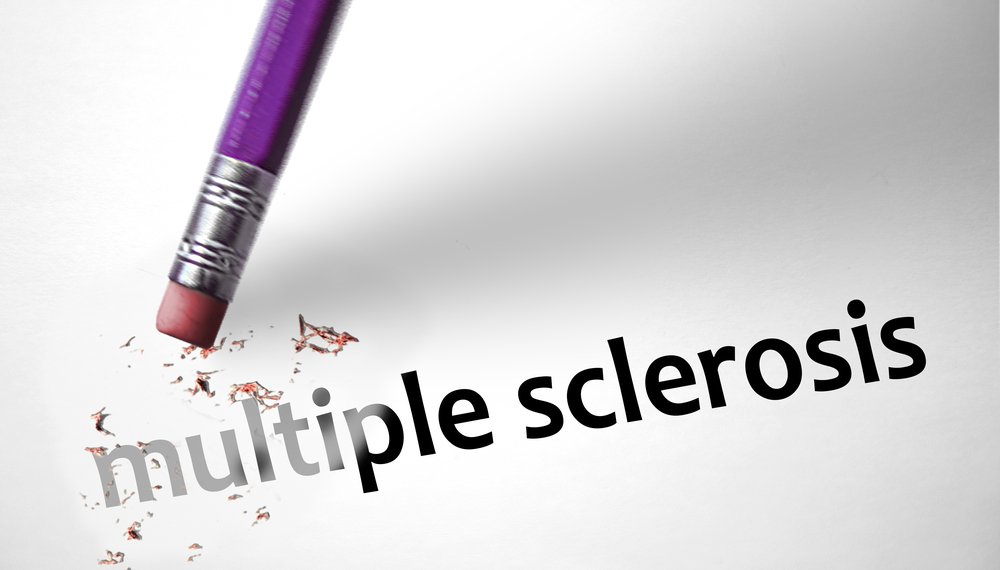Hair Loss Seen in RRMS Patients Using Aubagio Often Temporary and Mild, Study Says
Written by |

Hair thinning in relapsing-remitting multiple sclerosis (RRMS) patients using Aubagio is usually mild and temporary, and does not require stopping treatment, a small real-world study reports.
The research, “Real-World Observational Evaluation of Hair Thinning in Patients with Multiple Sclerosis Receiving Teriflunomide: Is It an Issue in Clinical Practice?,” was published in the journal Neurology and Therapy.
MS patients treated with disease-modifying therapies have sometimes been found to experience a loss or thinning of hair, a change that can be upsetting. In the case of Aubagio (teriflunomide, marketed by Sanofi Genzyme), a once-daily oral immunomodulatory treatment, a 10–14% hair loss — compared to 5% with placebo — was reported in an analysis of its clinical trial data, and similar findings have come through case reports.
Most hair-thinning events were observed in the first six months of treatment, and described by clinicians as mild or moderate and not requiring a change in therapy to resolve. No cases of complete hair loss were reported.
To provide patients with appropriate expectations before starting Aubagio, a team of scientists conducted an assessment of hair thinning in real-world clinical practice.
The study — funded by Sanofi and including three company researchers among its six team members — was conducted at nine MS centers in the U.S. between 2013 and 2015. It included RRMS patients who reported hair thinning while using Aubagio at its two approved doses — 7 mg and 14 mg.
Patients and healthcare professionals completed questionnaires at when hair thinning began and again at a follow-up visit about nine months (270 days) later. Hair thinning was classified as mild, moderate or severe by professionals, and ranked from 0 to 10 by patients. Patients were photographed at both visits.
A total of 38 patients completed follow-up (mean age 52), 36 being treated at the 14 mg dose and two with 7 mg. Most were women (97%), had no prior history of hair loss (87%), and many (68%) were also using medications associated with hair thinning for disorders such as epilepsy, migraine or depression.
Results showed that hair-thinning reports began about 2.5 months (mean of 77 days) after starting treatment with Aubagio. At the initial visit, the mean score of hair thinning, as ranked by patients, was 5.0. Healthcare professionals classified most cases as mild (63%) or moderate (34%). Only one case was classified as severe, in a 33-year-old woman with a prior history of hair loss induced by the anticonvulsant topiramate (an approved therapy sold under several brand names).
Most patients reported either complete/near complete resolution (14, or 37%) or marked improvement (16, 42%) at the follow-up visit about six months later. Patients’ mean score of hair thinning dropped to 3.5.
Healthcare professionals agreed with this lessened severity at follow-up, classifying 31 cases (82%) as mild, and seven as moderate (18%).
Only one patient reported minimal improvement, but healthcare professionals rated this case as mild at both visits — line with the overall finding that patient perception was more severe than that of the professionals.
During follow-up, two patients stopped Aubagio treatment due to hair thinning, but one of these later resumed use. Three others also interrupted treatment: one temporarily due to gastrointestinal upset; two others permanently because of rash and gastrointestinal upset.
Hair loss extent ranged from mild to losing clumps of hair, and diffuse thinning was also reported. One patient lost her eyebrows, which, unlike her hair, she did not recover.
Overall, these findings are in line with those of previous studies showing that hair thinning gradually decreased during the course of Aubagio treatment.
“Consistent with observations from the teriflunomide clinical program, hair thinning was usually mild and occurred within the first 3 months of treatment, with most patients fully recovering while remaining on teriflunomide treatment,” the researchers wrote.
According to the team, hair thinning was likely due to a common type of reversible hair loss called telogen effluvium, which is caused by premature transition of active hair follicles to a resting phase, leading to hairs being shed about three months later. Medication is a frequent cause and treatment is normally not required.
Researchers emphasized that these patients had been informed that hair thinning and loss could occur with Aubagio, and this knowledge might have reduced their distress levels.
“As with any potential adverse event, it is important to ensure appropriate expectations through patient education before treatment,” the team wrote.


